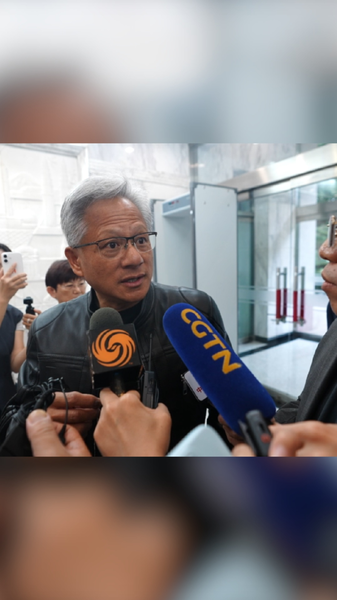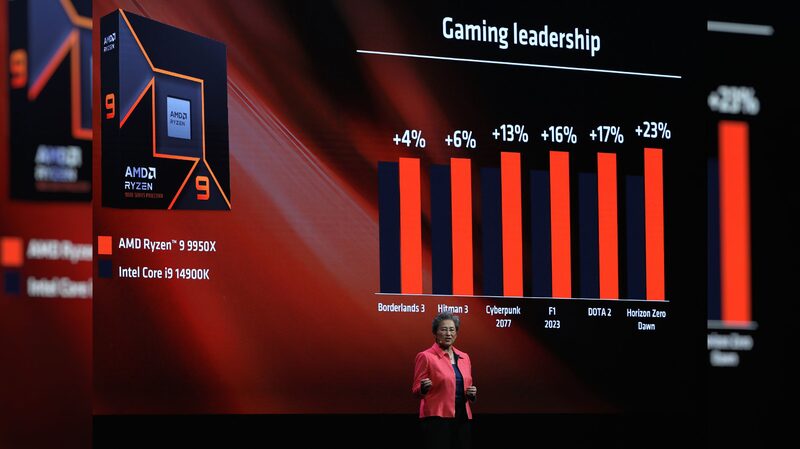As U.S.-China tech tensions escalate, NVIDIA's reported launch of its China-specific B30 GPU has sparked intense debate about innovation, geopolitics, and the future of AI development. Designed to comply with Washington's export restrictions, the chip represents a high-stakes balancing act between commercial interests and national security concerns.
Geopolitics Meets Silicon
The B30 arrives amid tightening U.S. controls on advanced semiconductor exports to the Chinese mainland. Analysts suggest this tailored solution could temporarily address Chinese tech firms' urgent computing needs while buying time for domestic alternatives to mature. Paul S. Triolo of DGA Group notes: "This isn't just about chips—it's about defining the rules of engagement for 21st-century technological competition."
China's AI Self-Reliance Push
With Huawei and startups like DeepSeek making strides in AI chips and large language models, experts argue China's tech ecosystem is adapting faster than anticipated. Andy Mok from the Center for China and Globalization observes: "The export controls have become an unintended catalyst for innovation, accelerating investment in homegrown solutions."
The Decoupling Dilemma
Fudan University's Shen Yi highlights the broader implications: "What we're seeing is the birth of parallel tech ecosystems. The question isn't just who leads in AI, but which standards and alliances will shape global markets." As both nations navigate this complex landscape, the B30 launch may mark a pivotal moment in redefining tech diplomacy.
Reference(s):
cgtn.com








